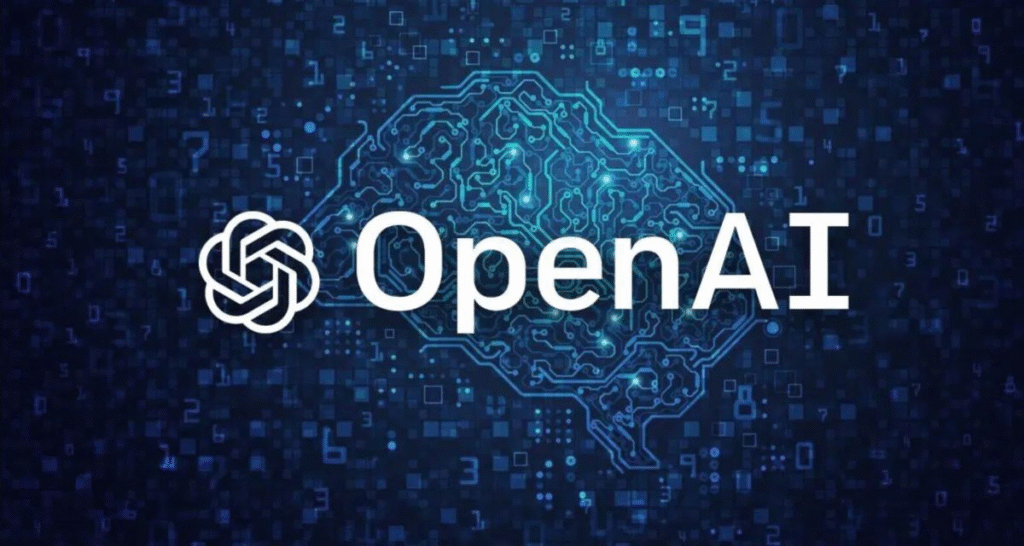Musk’s Grok AI Raises Privacy and Ethics Concerns in US Government Use
Elon Musk’s artificial intelligence chatbot, Musk’s Grok AI, has recently entered parts of the US federal government, raising serious privacy and ethics concerns. Reports indicate that Musk’s Department of Government Efficiency (DOGE) uses a customized version of Grok AI to analyze government data and generate internal reports. However, this effort bypassed formal procurement rules and lacked full approval from involved agencies. This situation has sparked worries about compliance and transparency.
Insiders reveal that DOGE encouraged the Department of Homeland Security (DHS) to adopt Grok AI, even though DHS never officially approved the tool. While DHS denies any pressure, critics argue that pushing this AI without proper review may break federal privacy and security laws, including the Privacy Act of 1974.
Musk’s AI company, xAI, developed Grok AI, which launched on the social platform X. The chatbot answers user queries by analyzing large datasets. Experts warn that if Grok AI processes sensitive or personal data from government databases, it could violate federal privacy laws designed to protect citizens.
The Privacy Act of 1974 strictly limits how government agencies can access, share, and use personal information. Experts caution that using federal data—directly or indirectly—to train or improve Grok AI might cause serious privacy breaches. The lack of transparency about Grok AI’s data handling worsens these concerns, making it hard to evaluate risks or ensure proper oversight.
Lawmakers and privacy advocates have voiced strong concerns. They argue that deploying AI tools like Grok without clear oversight threatens the government’s promise of transparency. They stress that any AI used by federal agencies must follow legal rules and establish clear protections for sensitive data.
The Road Ahead for Musk’s Grok AI in Government
As Grok AI rolls out further, calls for stronger oversight and privacy safeguards grow louder. Balancing innovation with responsible data use will prove crucial. The government must ensure that AI enhances efficiency without risking public trust or violating laws.











